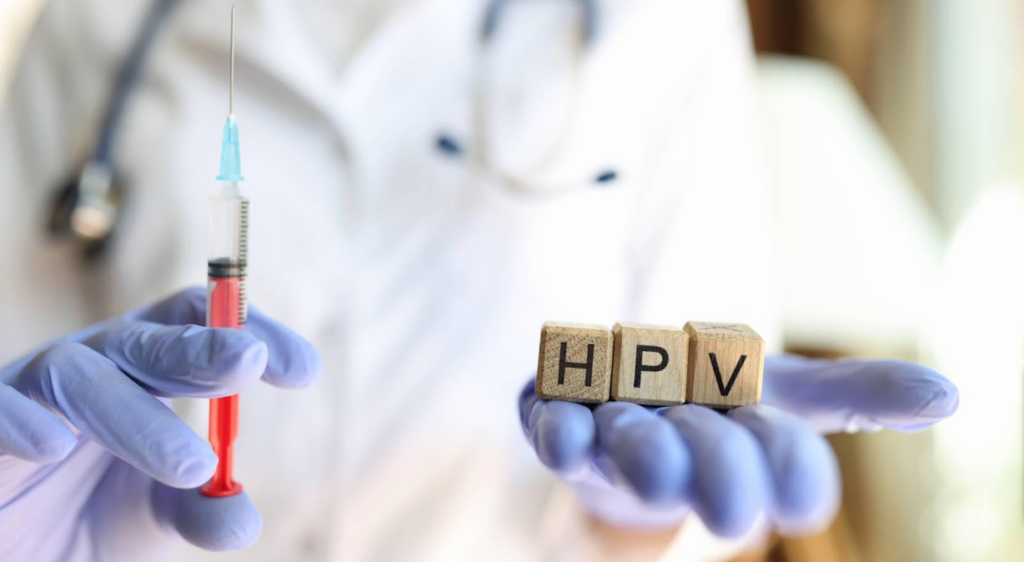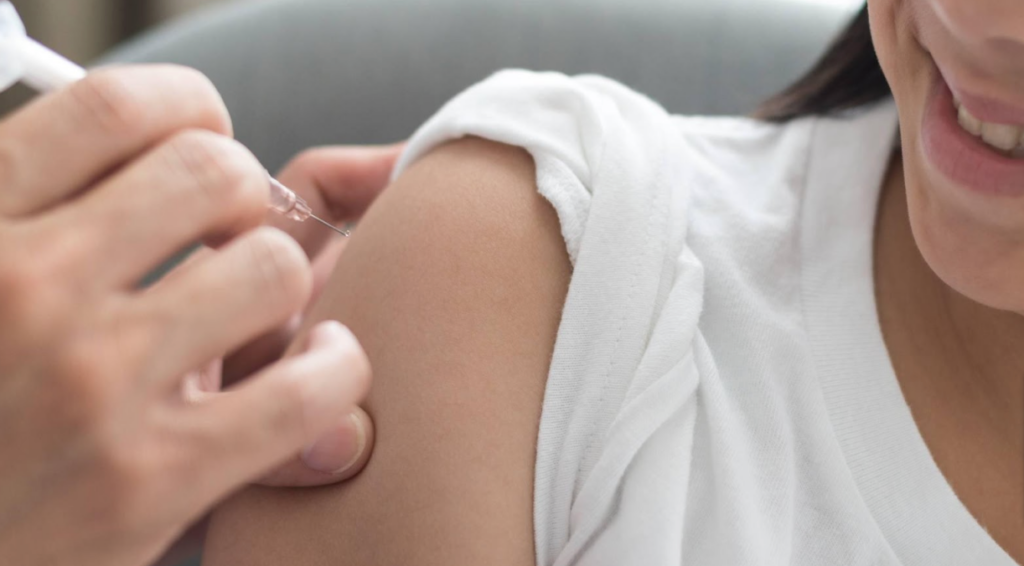Prevention is always better than cure: A Filipina mom’s experience with fighting cervical cancer
This is an educational message brought to you by MSD in the Philippines.
![]()
In 2016, Analyn Gamboa was diagnosed with cervical cancer. According to the World Health Organization (WHO), cervical cancer is most often caused by human papillomavirus (HPV). Analyn shared the story of how she fought cervical cancer – her diagnosis, the treatment process, and finally when she got the HPV vaccine in the hope of lessening the chances of or even preventing her from getting cervical cancer again.
Analyn works as an insurance agent and is a proud mother of two. All was well until 2016 when she was diagnosed with cervical cancer. It started with Analyn noticing a delay in her period. Thinking it was a sign that she was having another baby, Analyn took a pregnancy test. She tried the test multiple times, but the result was always negative. Unsure of the cause of her period delay, she decided to consult her obstetrician-gynecologist (OB).

Not an actual vaccine. For demonstration purposes only.
Her OB required her to do an ultrasound to determine the cause for the delay in her period. Through the ultrasound results, Analyn found out that she had Polycystic Ovary Syndrome (PCOS). This result came as a surprise to her. “I was surprised because I have two kids and usually people with PCOS have a hard time having kids,” she said. Her OB then explained to her that she had gotten a hormonal imbalance due to her weight.

Not an actual patient. For demonstration purposes only.
After being diagnosed with PCOS, Analyn’s OB suggested that she undergo a pap smear, and that’s when they discovered that she had premalignant cells which, if left untreated, could develop into cancer. For Analyn’s treatment, her OB advised that she could get a small portion of her cervix removed instead of the whole cervix. With that, Analyn went through with the operation to treat her condition.
Analyn’s experience with cervical cancer has taught her to be more cautious and attentive to her health. “Before I got operated I kept thinking ‘What if I didn’t go to my OB?’” she said. “That’s why after that I’ve started to do regular checkups and do pap smears to make sure that it’s gone.”

Not an actual vaccine and patient. For demonstration purposes only.
Before Analyn had gone to her doctor she was already aware of how serious cervical cancer could be as she had read up on news about the dangers of it. In addition to getting regular checkups and pap smears, Analyn has also taken another preventive measure – the HPV vaccine.

Not an actual vaccine. For demonstration purposes only.
“Due to my experience I’ve gotten the vaccine to help prevent cervical cancer,” she said. “That’s why it is very important to have regular checkups and if necessary, to undergo pap smears, especially the ones with partners. It is also very important to be aware of cervical cancer, how it happens, why it happens, and what we can do to prevent it.”
According to the Centers for Disease Control and Prevention (CDC), HPV is the most common sexually transmitted infection (STI), and most cases of cervical cancer are caused by HPV. A person who is sexually active can get HPV even if they only had sex with one person, and they can develop symptoms years after having sex with a person who has HPV.
HPV can cause many types of cancer, the most common one being cervical cancer. While cancer could take years to develop after a person gets HPV, prevention is always better than cure. For women, it’s important to get the HPV vaccine because it may help prevent cervical cancer. This is especially significant for women who are sexually active and/or wish to have a family of their own.
Merck Sharp and Dohme (MSD) is offering HPV vaccines that can help prevent HPV infections and cervical precancers. According to the MSD Manual, The HPV vaccine is an injection into the muscle and is administered in a 2-dose or 3-dose series. According to the CDC, HPV vaccines can provide long-lasting protection.
The WHO says that HPV vaccines may work best if it is administered prior to getting HPV. So even if you don’t think you have HPV, taking the vaccine anyway could go a long way, especially if you’re looking to have children.
INQUIRER.net BrandRoom/TJV
Disclaimer: The comments uploaded on this site do not necessarily represent or reflect the views of management and owner of Cebudailynews. We reserve the right to exclude comments that we deem to be inconsistent with our editorial standards.
